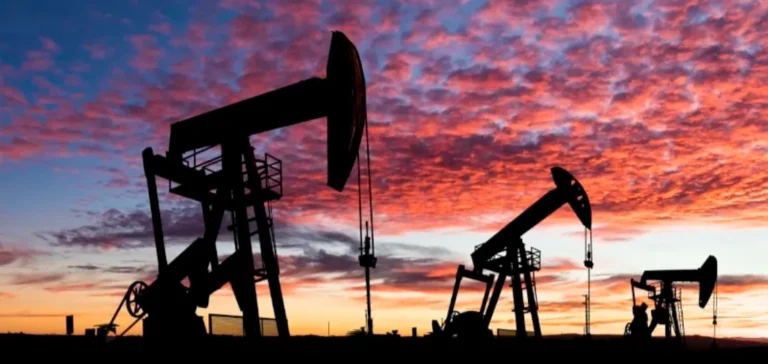The global petrochemicals market, valued at $468 billion in 2024, is expected to reach $794 billion by 2034, according to forecasts published by Allied Market Research. This growth, representing a compound annual growth rate of 5.5%, is supported by the increasing adoption of high-performance materials in key sectors such as automotive, electronics, packaging, and construction.
Industrial innovation driving market momentum
Technological improvements in catalytic processes and feedstock flexibility have enhanced production efficiency while reducing costs and environmental impact. This evolution allows petrochemical materials to remain integrated in both traditional and emerging markets, where light weight, durability, and high performance have become essential criteria.
Applications in healthcare, agriculture, and renewable energy are also opening new growth avenues. The use of petrochemical-derived products in solar technologies, wind turbine blades, and energy storage systems is becoming more widespread, reinforcing their role in next-generation energy infrastructures.
Regulatory frameworks and structural market challenges
The sector still faces persistent challenges. Volatility in crude oil feedstock prices, environmental concerns related to greenhouse gas emissions, and increasingly strict regulations impact margins and market stability. Regulatory frameworks such as the European Industrial Emissions Directive and the U.S. Clean Air Act impose limits on emissions of volatile organic compounds and sulphur oxides.
To address these constraints, companies are investing in advanced technologies such as carbon capture and utilisation (CCU), feedstock diversification, and energy-efficient systems. Operational digitalisation and supply chain security also emerge as resilience levers in a fluctuating economic context.
Strategic investments and evolving applications
Structuring investments confirm the sector’s attractiveness. In January 2024, SABIC Industrial Investment Company and Fujian Fuhua Gulei Petrochemical Co., Ltd. began construction of a petrochemical complex in Gulei Industrial Park, China. The project, with an estimated investment of RMB44.8bn ($6.4bn), is one of the largest foreign investments in Fujian Province.
Furthermore, the development of bio-based resins and recycled plastics, though still limited in volume, is starting to reshape the sector’s value chains. The growing integration of petrochemicals into renewable energy solutions also strengthens their role in global industrial transformation.






















